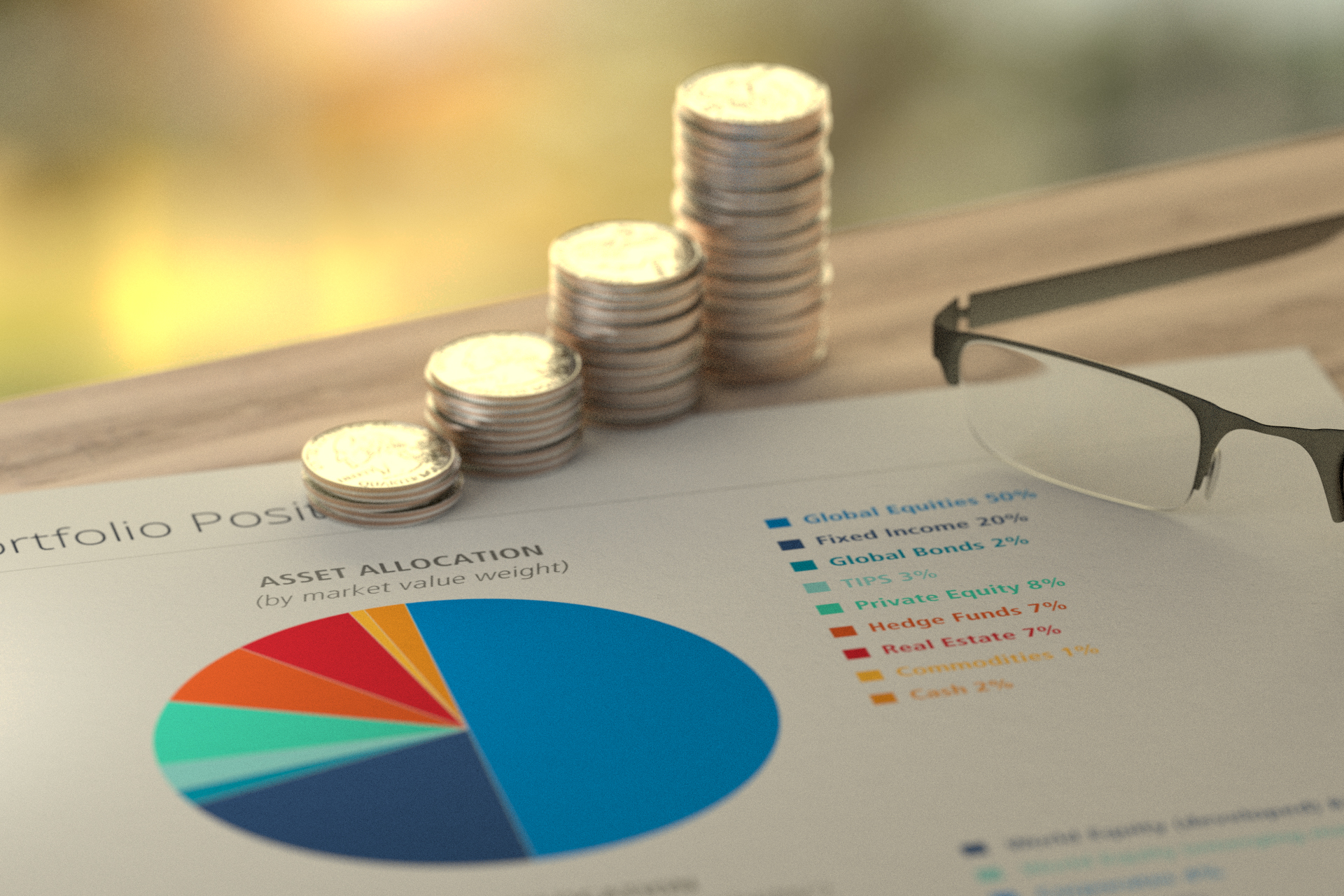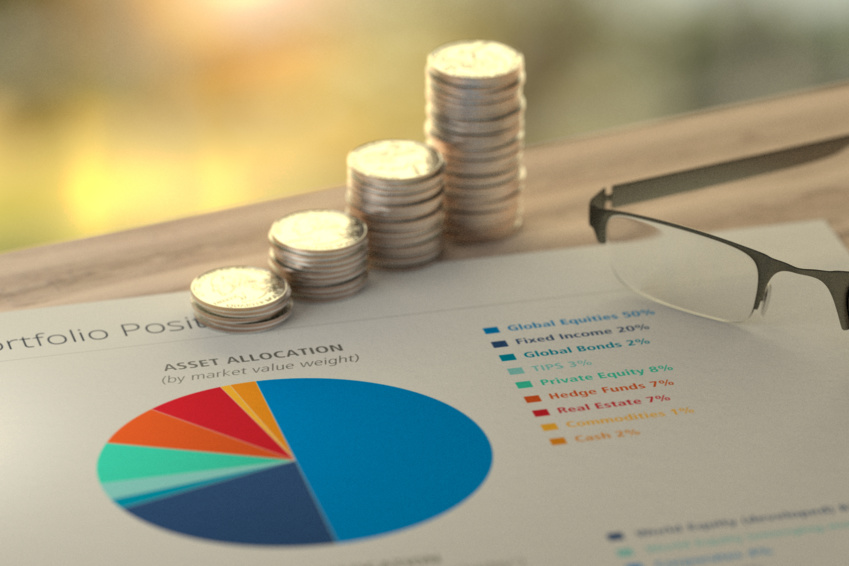In a time of global crisis, what can be done to accelerate positive change? Entrepreneurs, venture capital firms, financial institutions, and large publicly traded corporations all play an important role as impact investors.
Impact investing, for those who are unfamiliar with the term, is a rapidly growing investment strategy in which investors seek to generate significant financial returns while also addressing a variety of challenges such as climate change and water scarcity, as well as a lack of access to health care, education, and a growing wealth gap.
One recent example is the development of Covid-19 vaccines during the pandemic: a massive task solved in record time thanks to public-private collaboration, with private-equity portfolio companies involved in nearly every step of the process, from drug development to vaccine transportation.
The idea that impact investing will play a significant role in solving many of the world's problems is gaining traction in both business and public policy. The European Commission, for example, actively promotes impact investing as part of the EU's 2030 targets to reduce greenhouse gas emissions by 55%.
An investment trend on the rise
The global impact investing market is estimated to be worth more than $1.1 trillion. According to Rockefeller Philanthropy Advisors, one of the largest philanthropic organizations in the United States, impact investing now accounts for one in every three investment dollars in the United States, and this is being driven, in large part, by the increased role of women and next-generation wealth holders in investment decisions.
So far, the primary focus of impact investors has been on decarbonization initiatives. One such example is the steel industry, which is still heavily reliant on coal. H2 Green Steel, a Swedish company backed by private investors including pension funds, was founded in 2020 with the goal of producing steel through a green hydrogen-powered steel plant. The company hopes to produce 5 million tons of fossil-free steel by 2030 and believes that using hydrogen will reduce CO2 emissions by 95%.
Impact investors are increasingly focusing on broader economic and social factors, such as access to education and finance.
Bridging the digital divide
Closing the digital divide, which would bring a variety of social and economic benefits, is one productive area for impact investors to focus on right now. Access to the internet in schools has been shown to boost an economy's GDP because a more educated youth population leads to a more educated workforce capable of innovation and groundbreaking ideas. This, in turn, will facilitate a virtuous cycle of increased income, increased spending, increased job creation, increased economic development, and increased income again. For example, increasing connectivity to the same level as Finland would increase Niger's GDP by an estimated 20% by 2025.
The World Bank sees financial inclusion as a critical enabler of economic growth. Affordably priced loans, insurance, savings accounts, and digital payments are still out of reach for approximately 1.4 billion adults worldwide. In Africa, nearly 60% of the population does not have a bank account, and there is widespread distrust of the traditional banking system. Most Africans, however, have a mobile connection and a reliable relationship with their mobile operator.
Mobile money systems can significantly improve people's lives while also providing a huge business opportunity for providers such as telecom operators, banks, fintech firms, and financial institutions. American investment firm BlackRock is among those who have recognized the opportunity. The firm invests in several companies that provide mobile money services to underserved populations in emerging markets through its Global Impact Team.
MTN is another company that has placed a large bet on mobile money. Its mobile money service is one of the largest on the African continent, with over 63 million Africans using mobile wallets across 16 countries. These types of mobile financial services have helped many financially excluded people gain access to the formal financial ecosystem; however, with approximately one-fourth of adults globally still unbanked, we must continue to make progress in this area.
The 2030 deadline for achieving the UN's Sustainable Development Goals (SDGs) is rapidly approaching, and capital allocation to these goals remains inadequate. The funding gap needed to achieve the SDGs is estimated to be $4.2 trillion. As a result, it is critical that industry players from all sectors invest in the transformation required to reverse climate change and address social and financial inequity.
Impact investing, for those who are unfamiliar with the term, is a rapidly growing investment strategy in which investors seek to generate significant financial returns while also addressing a variety of challenges such as climate change and water scarcity, as well as a lack of access to health care, education, and a growing wealth gap.
One recent example is the development of Covid-19 vaccines during the pandemic: a massive task solved in record time thanks to public-private collaboration, with private-equity portfolio companies involved in nearly every step of the process, from drug development to vaccine transportation.
The idea that impact investing will play a significant role in solving many of the world's problems is gaining traction in both business and public policy. The European Commission, for example, actively promotes impact investing as part of the EU's 2030 targets to reduce greenhouse gas emissions by 55%.
An investment trend on the rise
The global impact investing market is estimated to be worth more than $1.1 trillion. According to Rockefeller Philanthropy Advisors, one of the largest philanthropic organizations in the United States, impact investing now accounts for one in every three investment dollars in the United States, and this is being driven, in large part, by the increased role of women and next-generation wealth holders in investment decisions.
So far, the primary focus of impact investors has been on decarbonization initiatives. One such example is the steel industry, which is still heavily reliant on coal. H2 Green Steel, a Swedish company backed by private investors including pension funds, was founded in 2020 with the goal of producing steel through a green hydrogen-powered steel plant. The company hopes to produce 5 million tons of fossil-free steel by 2030 and believes that using hydrogen will reduce CO2 emissions by 95%.
Impact investors are increasingly focusing on broader economic and social factors, such as access to education and finance.
Bridging the digital divide
Closing the digital divide, which would bring a variety of social and economic benefits, is one productive area for impact investors to focus on right now. Access to the internet in schools has been shown to boost an economy's GDP because a more educated youth population leads to a more educated workforce capable of innovation and groundbreaking ideas. This, in turn, will facilitate a virtuous cycle of increased income, increased spending, increased job creation, increased economic development, and increased income again. For example, increasing connectivity to the same level as Finland would increase Niger's GDP by an estimated 20% by 2025.
The World Bank sees financial inclusion as a critical enabler of economic growth. Affordably priced loans, insurance, savings accounts, and digital payments are still out of reach for approximately 1.4 billion adults worldwide. In Africa, nearly 60% of the population does not have a bank account, and there is widespread distrust of the traditional banking system. Most Africans, however, have a mobile connection and a reliable relationship with their mobile operator.
Mobile money systems can significantly improve people's lives while also providing a huge business opportunity for providers such as telecom operators, banks, fintech firms, and financial institutions. American investment firm BlackRock is among those who have recognized the opportunity. The firm invests in several companies that provide mobile money services to underserved populations in emerging markets through its Global Impact Team.
MTN is another company that has placed a large bet on mobile money. Its mobile money service is one of the largest on the African continent, with over 63 million Africans using mobile wallets across 16 countries. These types of mobile financial services have helped many financially excluded people gain access to the formal financial ecosystem; however, with approximately one-fourth of adults globally still unbanked, we must continue to make progress in this area.
The 2030 deadline for achieving the UN's Sustainable Development Goals (SDGs) is rapidly approaching, and capital allocation to these goals remains inadequate. The funding gap needed to achieve the SDGs is estimated to be $4.2 trillion. As a result, it is critical that industry players from all sectors invest in the transformation required to reverse climate change and address social and financial inequity.


 Learning the ropes to be an impact investor
Learning the ropes to be an impact investor





 Companies
Companies